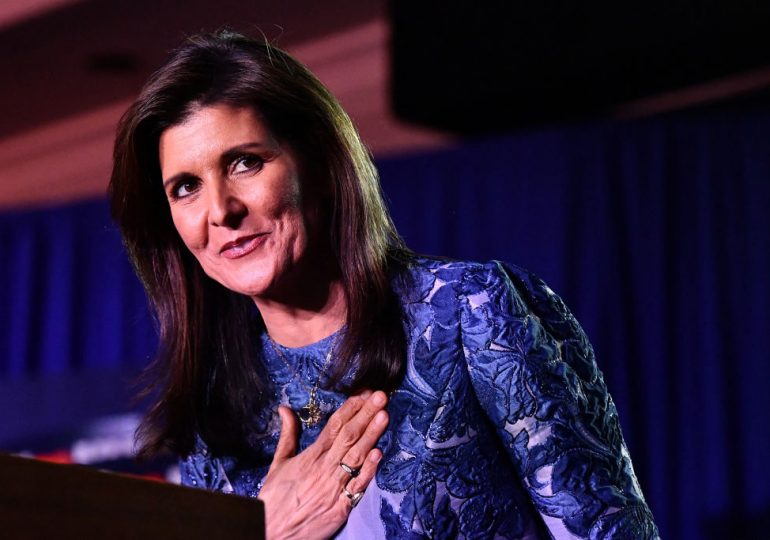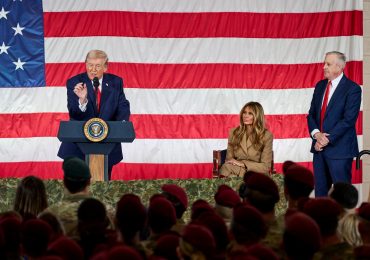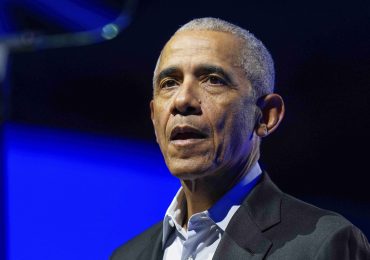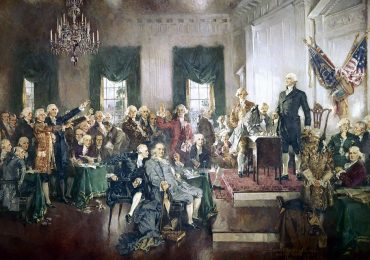This article is part of The D.C. Brief, TIME’s politics newsletter. Sign up here to get stories like this sent to your inbox.
Every four years, there’s at least one candidate who summons every ounce of earnestness and goes all-in to plant a flag in a specific state. You can’t help but admire their gusto and bravada, essentially telling the world that this is their sole focus. And, like clockwork, many of those committed Quixotic campaigns simply cannot get it together just quite right. Pluck alone is often insufficient.
[time-brightcove not-tgx=”true”]
The latest case study: former South Carolina Gov. Nikki Haley and her incredible effort in New Hampshire. For months, she did the quiet and unglamorous work of attending sparsely attended town halls far from the population centers in the state’s Southern Tier. She met with local activists and student groups alike. She took the questions from voters seriously, even when she flubbed them. Put plainly, she respected what veterans of that state admiringly call The New Hampshire Way.
Slingshotting into the state after a disappointing third-place finish in Iowa just a week ago, the lone Republican woman to run for the White House remained on a mission to work every room, literally becoming the last person to leave some of them so she could greet everyone who wanted to meet her. New Hampshire’s popular but soon-to-be-departing Gov. Chris Sununu was often at her side. And if ever there were a state that historically likes to gum up the results coming out of Iowa and give a hustling panderer a chance, New Hampshire is it.
Yet Haley just couldn’t get the upper hand in a state where Donald Trump prevailed in a jumbled primary eight years ago and never really shirked its Trumpist tendencies. The state’s motto—Live Free Or Die—is a battle cry as much as it is a slogan. And, through icy winds and hip-high snowbanks, the New Hampshire voters shouted it loudly Tuesday night, giving Trump new bragging rights: he is the first presidential candidate to prevail in competitive Republican contests in both Iowa and New Hampshire during the modern era.
“You’ve all heard the chatter among the political class. They’re falling all over themselves saying this race is over,” Haley told supporters in Concord, N.H. “Well, I have news for all of them: New Hampshire is the first in the nation. It’s not the last in the nation. This race is far from over. There are dozens of states left to go.”
Haley seemed defiant in defeat, using her turn at her Election Night headquarters into a renewed call for Republicans to rethink their affinity for the ex-President, and making clear she would continue to push the age issue at every turn. “The first party to retire its 80-year-old candidate is going to be the party that wins this election,” Haley said, introducing a new ding against both Trump and Biden.
It’s clear Haley is spoiling for more contests, reupping her challenge for Trump to actually participate in debates and continuing to critique his chaos-laden orbit. Yet being feisty on its own isn’t enough in a head-to-head contest against a blowhard who has no problem smashing through niceties let alone norms.
Haley’s best bet is hoping that more Republicans are starting to rethink how much of an appetite they have for another year—or four should he win the White House—of Trump as their avatar. Four criminal trials will continue to move forward between now and Election Day. His business and civil woes are going nowhere, either. And Trump has proven over and over and over again that he is an unpredictable force that, while amusing to some to watch, creates a political petri dish that turns toxic for those sharing his laboratory. Haley isn’t wrong when she says the Republican Party lost the House, the Senate, and the White House with Trump at the helm of the party.
Even before polls closed in New Hampshire, Republican insiders were already debating themselves about Haley’s next steps. Technically, the next state to dole out delegates is Nevada; Trump alone is on the ballot for the caucuses there that will award delegates, while Haley is on the ballot for the largely symbolic primary that has no prizes to claim beyond news coverage.
Experienced South Carolina hands—even those who consider themselves Haley fans—are plenty dubious that a welcoming environment awaits Haley when the race moves to her home turf next month. Haley’s defenders argue that, even if they cannot win South Carolina, where Haley has never lost at the ballot, they can hold Trump to a ceiling and still summon a coalition based on her term as Governor. Yet most of the state’s biggest donors and activists had previously committed to Sen. Tim Scott, a figure appointed to the Senate by Haley, and his machine is now available to the man he endorsed after ending his own White House run: Trump.
Nor is it clear that Haley’s open challenge of Trump, the GOP’s most popular figure by a long shot, won’t prove entirely disqualifying in South Carolina. Whereas New Hampshire allows non-affiliated voters—and a record 47% of them Tuesday met this definition—South Carolina is a closed primary. Only declared Republicans can pick a ballot in South Carolina, and Trump carried that state by 12 points over Biden four years ago. Trump isn’t going to make Haley’s return a stroll down King Street by any measure.
Looking down the calendar, though, there are reasons for Haley to stick around. Her campaign and associated super PAC have been careful to squirrel away cash to keep her running through at least March 5’s Super Tuesday, when 11 of the 16 states have open or quasi-open primaries where independents can weigh in. And the states on the calendar before then look a whole lot more like New Hampshire than Iowa. Not just South Carolina, but Michigan and D.C. also have their primaries, and Haley has shown signs of strength in college-educated and moderate circles. All the while, she has a West Coast swing teed-up to meet with donors and collect checks that could fuel her coming out of Super Tuesday if she gets lucky.
Still, despite a stiffened spine that says she is taking her defeat standing up and eyes already looking downstream, she remains the clear underdog. While she will pick up her share of New Hampshire’s 22 delegates, this contest soon turns to winner-take-all or -most events where second prize does not matter. Haley’s in the mix for now, but she made a big play to upend the pecking order in New Hampshire and wound up shown to her seat.
Perhaps anticipating pressure for her to reconsider her next moves before polls closed, Haley told reporters in Hampton that she was going nowhere, a pitch that might serve her well with well-heeled donors desperate for a choice other than Trump or Biden. “I got here because I outworked and outsmarted all the rest of those fellas,” she said.
Haley will have the resources to keep in Trump’s face, at least for now. The next stage of her fight starts Wednesday evening with a rally in North Charleston, S.C. But enthusiasm and hope are no substitutions for momentum. It happens every four years; that doesn’t make it any easier to watch a serious contender do almost everything right and rational and still not win a prize.
Make sense of what matters in Washington. Sign up for the D.C. Brief newsletter.
Leave a comment








